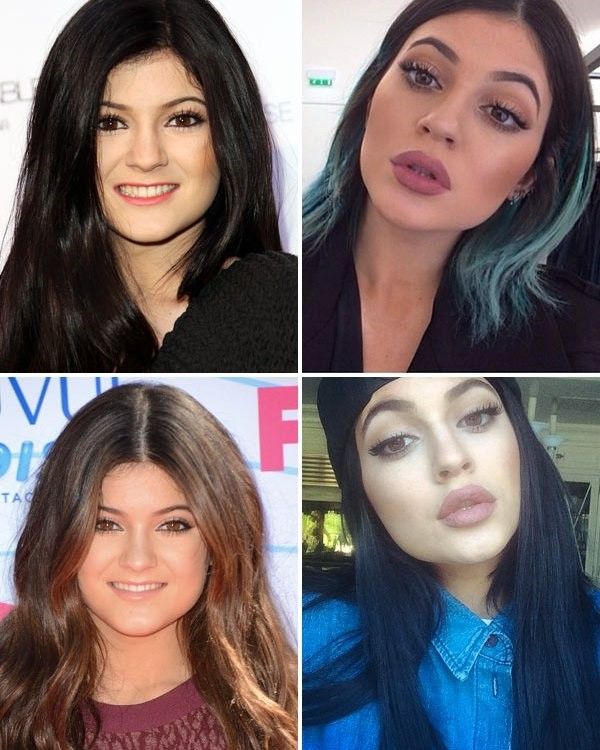The Kardashians have a monopoly on front page news, especially lately with the entire Bruce Jenner situation.
Many people dismiss the Kardashians as empty-headed, entirely useless elements of pop culture, but they are actually incredibly fundamental to being able to question and point out certain problems in how fame and beauty are approached and defined.
Take the Kylie Jenner lip challenge, for instance—I almost only ever hear people gossiping about how pathetic people are for getting sucked— literally—into the trend. The young Jenner is known for her large lips, and a trend of sucking on shot glasses to get your lips to inflame and puff up has taken the internet by storm. As if that isn’t disturbing enough (the bruising that results has been enough to hospitalize some people), it paints a disturbing image of the United State’s trend of appropriation in the beauty industry.
I’m talking about what it means for white girls to be the “trendsetters” for things that not only have belonged to African Americans for ages, but also have been marked as a negative trait of black people.
“I just think that these challenges and trends mock black culture. When a white person wears something that’s typically seen in black culture, it’s viewed as trendy and innovative whereas when people of color do it, it can be viewed as ‘ratchet,'” Shameyka McCalman, a senior at the University of Massachusetts Boston, said.
McCalman references when Jenner was praised for wearing “edgy” braids, a style that has been done by black people long before the Kardashians were even a thing.
“When it comes to braids and black women’s hair, it’s part of our history and has been going on for years. It’s nothing new,” McCalman said.
The fact that young girls are taking such painful and unhealthy steps to alter their bodies says a lot, not only about what it means for white stars to take credit for other cultures’ fashions, but also about the degree of influence these stars have. The reason it is worth worrying about, even from a racial perspective, is it means young girls, including girls of color, go out of their way to learn to copy a white celebrity rather than embracing not only their individual bodies but their cultures as well.
“It’s extremely disrespectful and it degrades women in general, because you don’t need to imitate anyone else. You are beautiful in your own right,” Mykiel Williams, a sophomore, said. “It’s also another form of objectification and sexualizing women. I think it should be stopped.”
Furthermore, it follows the American trend of fetishizing traits of another culture. The fact that a trait that, as McCalman said, has been called “ratchet,” can only be made “stylish” by a white individual who steals that style encourages a system of discrediting people of color.
Some may say that it allows for people to embrace traits that people of color were once tormented for. That, now that big lips are cool thanks to Kylie Jenner, black people can feel a little bit happier in their skin. But ultimately, it is not the responsibility of white starts to “fix” the criticism by appropriation—the style belongs to people of color, and it should be made trendy by people of color.





















































